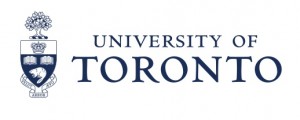Crowdmark announces new partnership with Ricoh Canada Inc.
 Crowdmark, a MaRS Innovation and University of Toronto start-up incubated through the UTEST program, has reached a deal with Ricoh Canada Inc.
Crowdmark, a MaRS Innovation and University of Toronto start-up incubated through the UTEST program, has reached a deal with Ricoh Canada Inc.
Announced January 20, 2014, the deal outlines national printing and scanning service for Crowdmark customers, with U.S. discussions coming up in the future, to improve the start-up’s online marking process for teachers.
Here’s an excerpt from the release (emphasis ours):
Toronto, Ontario (January 20, 2014) – Crowdmark Inc., a software company that delivers an ultra-scalable collaborative assessment platform to educators worldwide, announced today that it has entered into an agreement with Ricoh Canada Inc., to support Crowdmark’s customers, and with plans to explore additional enhancements to the relationship that will deliver additional client benefits.
Today’s announcement covers standardized terms and pricing from Ricoh Canada to provide a national printing and scanning service to Crowdmark’s customers in post-secondary institutions and K-12 school systems across Canada. Discussions about a similar service for USA-based Crowdmark customers are next on the agenda.



